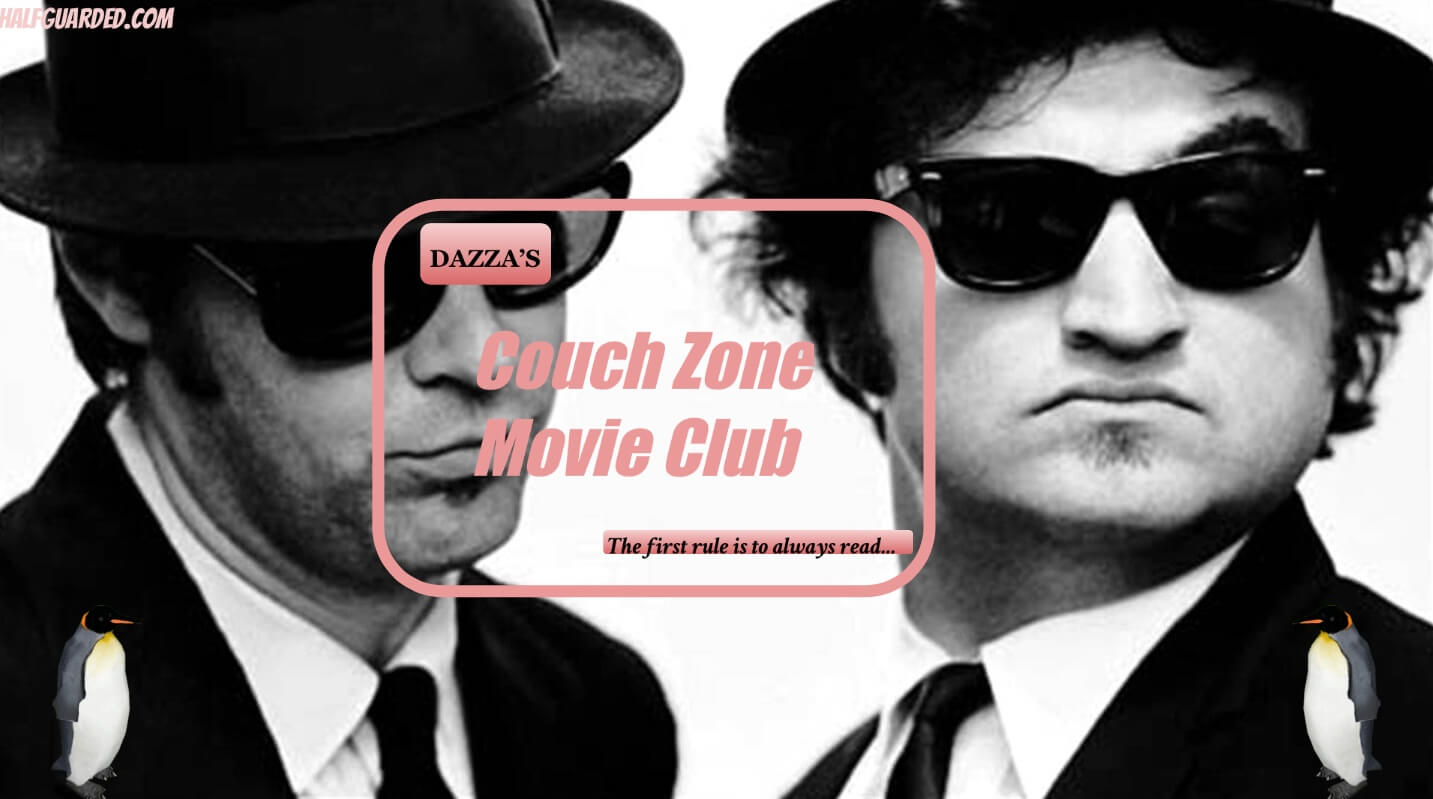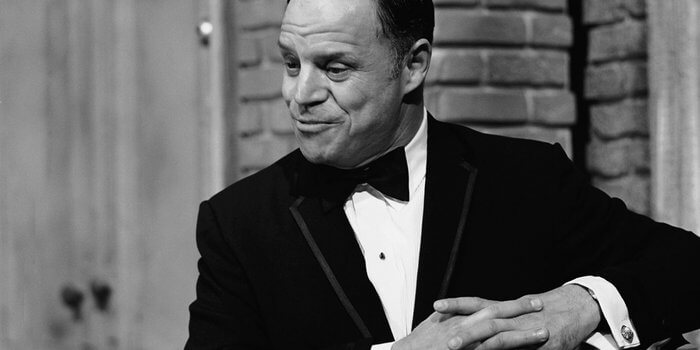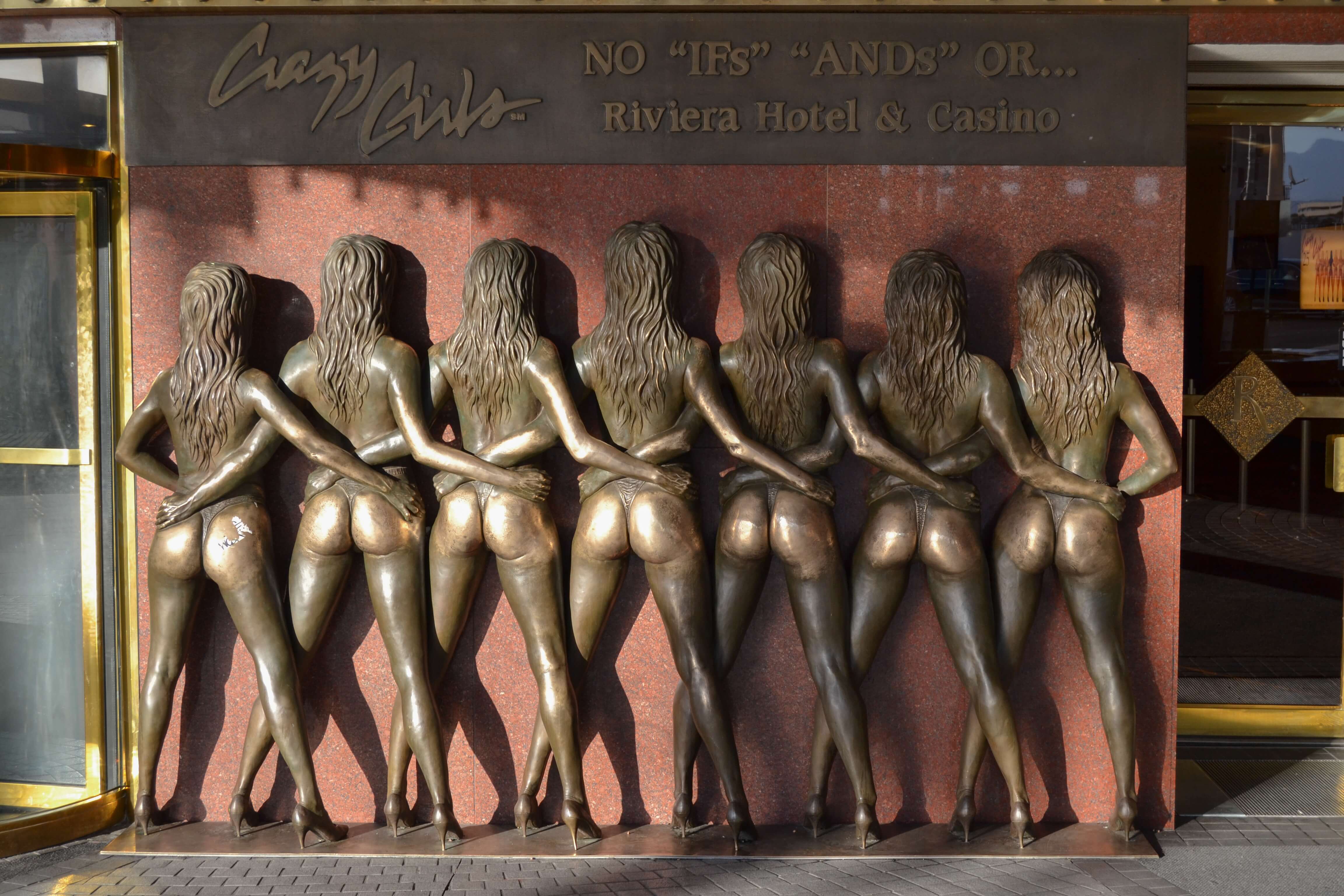And we woke up one New Year’s day wearing shoulder pads, rainbow leggings and our hair had gotten huge. We were in the 80’s.
If the 70’s saw the film industry being rocked to it’s core by the rebellion and creativity of “New Hollywood,” the 80’s saw the major studios reclaiming their meal ticket and carefully putting it all back together right how they liked it. Studios scaled back the number of movies released, sacrificing the riskier ventures and threw their lot in with the Hollywood blockbuster trend started by Jaws and Star Wars. This and the opening overseas markets meant that Hollywood went for spectacle over substance, utilising the new special effects industry to create films that could easily translate to foreign audiences.
Although today the 80’s suddenly seems to have a lot of nostalgia afforded to it (it’s really disheartening when the era you grew up in is now considered vintage), movie wise it’s often derided as an empty decade full of shallow blockbusters and teenage pandering trends. While it’s true it lacked that edgy, outlaw vibe of the 70’s there were still some enjoyable and much loved movies produced in this decade.
In many ways my choice for this year of films that meant a lot to me really show both the creativity of “70’s” and the move to the spectacular.
Airplane

My overwhelming memory of the first time I saw Airplane is that it coincided with the death of one of my pets (I think the guinea pig Fuzzy), and in order to soften the blow and stop me bawling my eyes out all night my Dad rented what he’d heard was an insane comedy and sounded like it was right up my street.
He wasn’t wrong. From the opening credits where the Jaws music plays ominously amongst a scene of clouds as the planes tale cuts through it like a shark fin, I was in hysterics as gag after gag is thrown at the audience with an impressive hit over fail rate. It’s relentless, the film machine gunning jokes with a mixture of slapstick, often surreal and sometimes just weirdly “where did that come from” such as the wife of a pilot being awoken in the night to be told her husband’s plane is in jeopardy revealing she is in bed with a horse she appears to be having an affair or the vicious fight breaking out in a bar between two girl scouts. There is just as much weirdness in the dialogue, with the recurring gag “Surely you can’t be serious?” “I am serious and don’t call me Shirely!” Not to mention the slightly disturbing inappropriate questions the pilot has with a young boy visiting the cockpit. “Ever seen a grown man naked?” “Joey do you ever hang around a gymnasium at night?”
Inflatable autopilots, jive talking Blaxploitation parody, a mental patient being described as “thinks he’s Ethel Merman” (only to reveal it is actually Ethel Merman), a brawl with Buddhists in an airport, a sick child losing her IV and convulsing during a musical number, passengers queuing up to slap around a panicking woman and basketball legend Kareem Abdul Jabber moonlighting as a pilot, the madness never stops.
The film is credited as one of the first to popularise the parody genre (although Blazing Saddles beat it by several years) with it’s obvious mickey taking of the tropes of disaster movies, especially the airport style films which were really popular at the time. In particular the film borrows heavily from a 1957 film Zero Hour, following the plot so closely it’s practically a remake. Airplane takes Zero Hour’s premise of a plane where the passengers and crew who chose fish over meat as their in flight meal fall sick with food poisoning (in Airplane the moment where pilot Peter Graves hears the news about the poisoned fish and glances at his own plate with the bare bones of his fish is hilarious) as well as the characters of a stewardess in a troubled relationship with the only passenger on board with flying experience (“Incidently does anyone know how to land a plane?” she asks over the tanoy causing a riot of panicking passangers). I saw Zero Hour many years after Airplane and having never heard of the film was stunned as to how closely the plot had been followed by the parody.

Airplane works for many reasons, mainly that the plot itself is played as straight. It also benefits that it’s cast is full of actors who were up to then known for their serious dramatic roles. LLoyd Bridges who runs through the gauntlet of drug addictions (“looks like I picked the wrong week to quit sniffing glue”), Mission Impossible’s Peter Graves, Robert Stack as the air traffic controller who when asked if they should now turn on the landing lights inexplicably responds in a sinister tone “No… that’s just what they’ll be expecting us to do.” And of course there is Leslie Nielsen who was a serious actor up to this point and followed his stand out role here as the straight laced doctor with a similar role in the TV show Police Squad. Police Squad morphed into the Naked Gun film series and Nielsen became a mainstay of parody movies which as a genre seemed to become more nauseating and unfunny with each new film.
Surprisingly as Nielsen became the poster boy for the genre he was one of the few actors not to return for the sequel entitled “Airplane II: The Sequel!” which covers the same ground as the first film but with a shuttle instead of the plane and that acknowledges this with stewardess Elaine saying “Ted, I have the strangest feeling we’ve been through this exact same thing before.” The sequel is not remembered as fondly as the original, with none of the original writers or directors returning. However while some of the gags don’t flow as well as the original, it’s still a funny film and has an appearance by William Shatner that was a revelation at the time for his insane comedy rantings.
Over 35 years on Airplane has aged extremely well and it shows how fast and low the parody genre fell. Aside from Top Secret and the Hot Shots movies, parody movies became a cheap, convey-belt of rushed films lazily exploiting what ever fads were hot in pop culture at the time, meaning they lost any relevancy they may have had. (I have a soft spot for Go Tell The Spartans for ripping into 300 and it’s macho pretensions). Airplane avoided this trap with very few parodies of in vogue films. It’s one extended spoof scene happened to be of what was fortuitously to become an iconic, instantly recognisable film, by aping the dance scene from Saturday Night Fever.
Airplane is regarded rightfully as one of the greatest comedy movies of all time. I do recommend searching this out on a streaming service or DVD however as the film is often heavily censored when shown on TV. A sign of what you could get away with for a PG movie back when I was a kid means that such scenes as the girl scout brawl, Elaine mimicking her dance partner’s death throes as succumbs to a knife in the back and the infamous blowjob scene on the deflating and smiling inflatable autopilot have all found themselves edited for home audiences.
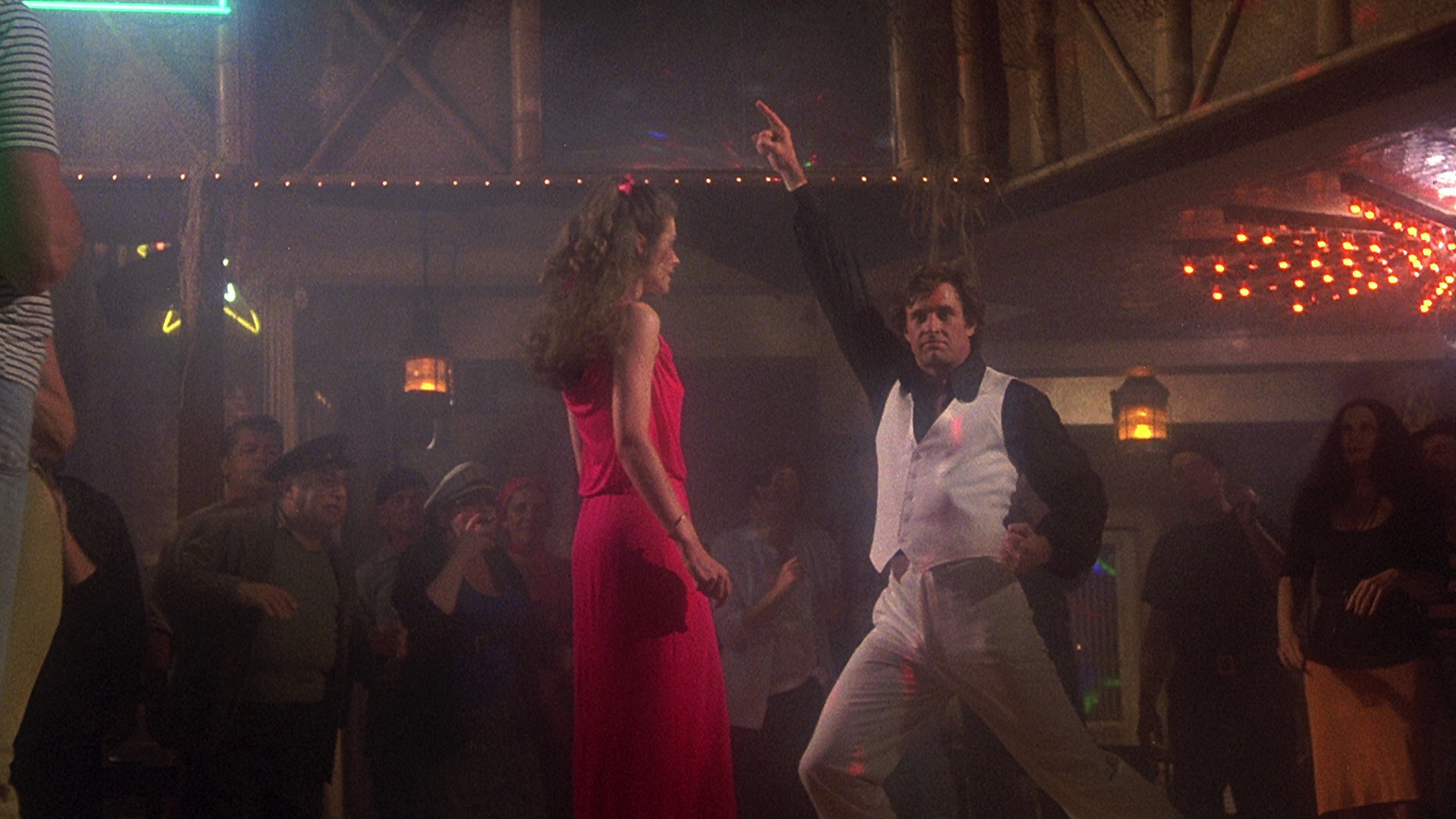
Blues Brothers

It’s honestly incredible that the Blues Brothers turned out as great as it did, Christ it’s a miracle it was even completed at all.
Based on John Belushi and Dan Ackroyd’s musical act on Saturday Night Live, the film was a headache at every step of production. Directed by John Landis (years before he decided it would be a good idea to crash a helicopter onto his lead actor and two kids when filming the Twilight Zone) Blues Brothers was written by Ackroyd who had no experience in writing script and ended up with a massive bible(three times bigger than a regular script) on the backstory to the whole band. Cocaine use was rife on set, most notably Belushi who was out of control and an assistant was employed with only one role, to keep drugs out of his way. Belushi also managed to injure himself Skateboarding late in the shoot and had to perform the iconic musical scene with dance moves and flips heavily anaesthetised.
The budget was burned through quickly, a mixture of securing the musical services of James Brown, Aretha Franklin and Ray Charles and catering to the party needs of the SNL cast. 3.5 Million alone went to filming the largest car chase in history up to that point with 60 police cars (most of them destroyed) and 40 drivers with a host of extras hired. Even when the film was in the can Landis was forced to trim 20 minutes just to get the film under two hours. Even distribution was troubled as some chains were reluctant to show the film in certain theatres claiming they did not think white audiences would be interested in it but disgustingly also didn’t want to attract black audiences.
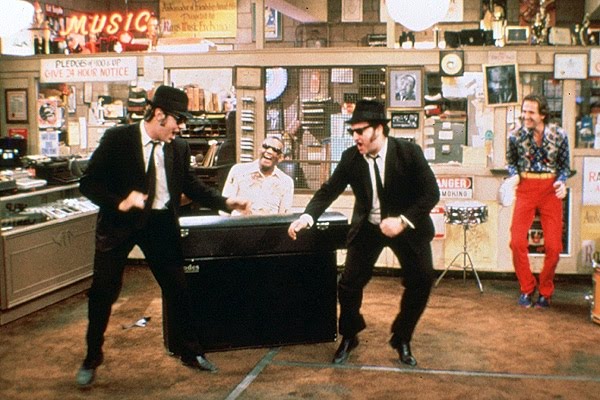
In possibly an endorsement to the creative powers of cocaine, The Blue Brothers emerged as a wild, rebellious movie, with a killer soundtrack and has become a true cult classic. I first saw the film in my teens, taping it from an early morning showing on channel 4 which was at that time the haven on UK tv for cult and alternative films. I knew next to nothing about SNL and had less interest in Blues music (to my shame I skipped the amazing musical numbers on my first viewing, you may judge, I deserve it), but I was attracted to the film as I loved the song “Everybody needs somebody to love,” which had appeared in the UK single charts in 1990.
The bait of this song was fortuitous, as I loved the Blues Brothers. In the film the recently released from prison Jake and his brother Elwood embark on a “mission from God” to raise money to serve the orphanage they grew up in. Their plan is to put their old band back together (most having turned their backs on performing music) and put on a big show. In the course of their mission they make a string of enemies and are pursued by the police, a bat wielding country and western band, the Illinois chapter of the Nazi Party, the police and a heavily armed Carrie Fisher with a grudge against Jake.

The Blues Brothers is a riot and for a film based on characters from the often over the top SNL show has a very subtle humour to it. Jake and Elwood are great characters, they epitomise cool, rarely dropping their laidback facade (a departure for Belushi who normally played loud, boorish types) and only once do we see one of them take off their sunglasses, in the memorable moment where Jake kisses Carrie Fischer.
It’s hard to think of a film that so joyfully celebrates music in it’s narrative. The performances by the Blues legends are wonderful, the standout for me being Aretha Franklin’s performance in her diner of “Think” as she tries to warn her husband against leaving to go on tour with the brothers. Music also plays a big part in one of my favourite sequences when the Brothers con their way into playing in a country music bar (it’s hilarious when the owner’s wife s asked what music they play and she replies “we play both kids, country and western), and in order to win over the crowd end up playing the theme from Rawhide and Stand by Your Man.
But the standout of the film is that apocalyptic car chase as Jake and Elwood race to get back to Chicago to deposit the takings from the concert and save the orphanage. It’s an incredible final act of high speed driving through roads, streets and a shopping centre and resulting in a destruction of twisted metal as armies of pursuing police cars are destroyed. There’s also a wonderful climax to the Illinois Nazi subplot as the Nazi’s get involved in the pursuit (mocking Birth of a Nation by having them accompanied by Ride of the Valkyries) ending with the Nazi leaders car plummeting to it’s doom (filmed by dropping the car from a helecopter) and been told in his final moments by his underling “I’ve always loved you.”
Blues Brothers is an absolute joy, with a foot still in the creativity and counter culture of the 70’s and a suitably raw look to it. It could have been a cheap cash in on a TV property, but it’s one of the true great cult classics and has one of the coolest theme tunes around.
We’ll say nothing about that sequel.
Flash Gordon
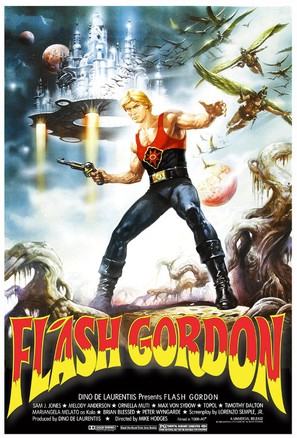
As the 80’s began Star Wars fever was still going strong and studios were still churning out their space battle heavy cash ins. Not to be left out was Dino De Laurentis the wiley Italian producer who would exploit the Star Wars phenomenon by bringing back the classic sci fi icon Flash Gordon. Which is weird as George Lucas only made Star Wars because he could not secure the rights to his dream project, that being Flash Gordon. Irony can be pretty ironic at times.
In tone and style Flash Gordon couldn’t be more different from Star Wars. There’s a sincere embrace of camp and cheese in Flash Gordon, with bright, shimmering costumes and set designs. In favour of the black, emptiness of stars and space, the realm of Mongo where Flash, Dale Adren and Dr Zarkvo travel to (in a 30’s serial looking rocket ship) in order to stop the invasion of Ming the Merciless is a fantasy realm of pink skies and floating palaces.
It shares the look of Laurentii’s earlier sci fi kitsch Barbarella and has a fair share of that film’s raunch, just check out Flash’s black leather underwear that he is to be executed in, or the tight red numbers worn by Ming’s daughter Princess Aura whose Minxy behaviour sees her promise a sexy encounter with a doctor in return for faking Flash’s death just so she can seduce our blonde hero. She probably gets that from her father Ming who has he own harem of sex slaves which he tried to imprison Dale Arden in. There’s also the odd S&M reference where Aura is tied spread eagle to a table and whipped by Ming’s SS style henchmen Klytus and General Kara.
There’s also a lot more obvious humour in Flash Gordon, some of which went other my head as a kid. Early in the film Flash first makes a impression on Ming and the various Royal families of Mongo (who all clearly hate Ming) when he gets into a brawl/football game with one of Ming’s sports teams (one of the most cringy moments in the film comes here as Dale starts acting as cheerleader for Flash with a chant of “Go, Flash Go!”). As Flash single handily runs rings around the team Ming whispers to Klytus “Are your men on the right pills?” then suggests “perhaps you should execute their trainer!” During the forced wedding ceremony of Ming and Dale Arden a spaceship flies past with a banner proclaiming “All creatures will make merry,” followed by a second warning “Under pain of death.” In the wedding one of the vows Ming is asked to promise “not to blast her into space,” but when the tyrant gives the priest a look he adds “until such time as you grow weary of her!”
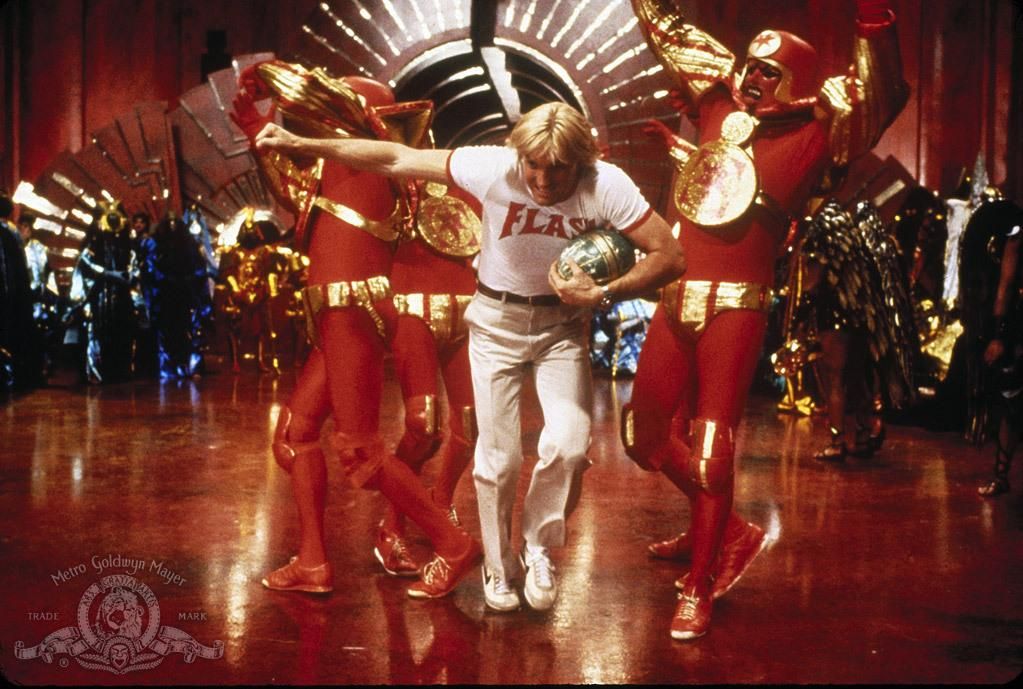
Flash Gordon is unquestionably a dumb, guilty pleasure (the circumstances and coincidences that see Flash and Dale’s plane hit by a meteor and crash land on Zarkov’s base leading to them being kidnapped and forced to go along with him to Mongo are hilarious). But it’s incredibly light hearted fun, and visually unlike anything that was on our screens at the time, having a touch of the graphic novel “Heavy Metal” imagination to it. One sequence where the hoards of Hawkman and Flash on a rocket cycle ambush Ming’s flagship is particularly stunning.
What helps to elevate Flash Gordon is an impression cast of serious talent that you wouldn’t expect to find in this nonsense, but all of them give their money’s worth and at least appear to be having a ball with the over the top performances. Max Von Syndow is majestically villainous as the evil Ming, while Peter Wyndgare is wonderfully creepy and pompous as his masked henchman Klytus. The two of them are a deliciously sinister double act, such as in the ceremony where the Princes of Mongo present their yearly tribute to Ming and Prince Thun shows up with nothing but his loyalty (really couldn’t have got a card or baked some cupcakes or something?). “Prince Thun, there is nothing we prize more than your loyalty,” Klytus seethes before Ming suggests an example of this loyalty by Thun falling on his own sword literary.
A young Timothy Dalton is perfectly cast as the dashing, swashbuckling Prince Barin. Likewise Brian Blessed is a riot as Prince Vultan of the Hawkmen (“Gordon’s alive????”), a Falstaff figure of loving life, smiling and howling with laughter throughout the film. It’s a great and impressive supporting cast.
Which sadly brings us to Flash himself. Unknown Sam J Jones certainly looks the part with his blonde Adonis looks and massive physique (hilariously spending the early part of the film strutting around in a t-shirt with “Flash” emblazoned across it using the font from the movie poster). However acting is clearly not his forte and for years legend has it that Jones lines were dubbed by another actor. Jones left Flash Gordon into obscurity although he recently cropped up in hilarious cameos in the Ted movies playing himself.
It’s also questionable as to what Flash actually does in this film. After his brawl with the football team Flash seems to simply go with the flow with the other characters in their own arcs, being rescued, betrayed and captured several times by various factions on Mongo. Aside from refusing to kill Barin in a trial by combat, he doesn’t do a lot, leaving Zarkov and Barin to stop the engines powering the attack on Earth and bring down the forcefield on Ming’s palace and Vultan’s force to storm over Ming’s armies.
But the theme song does insist that Flash “Saves everyone of us!”
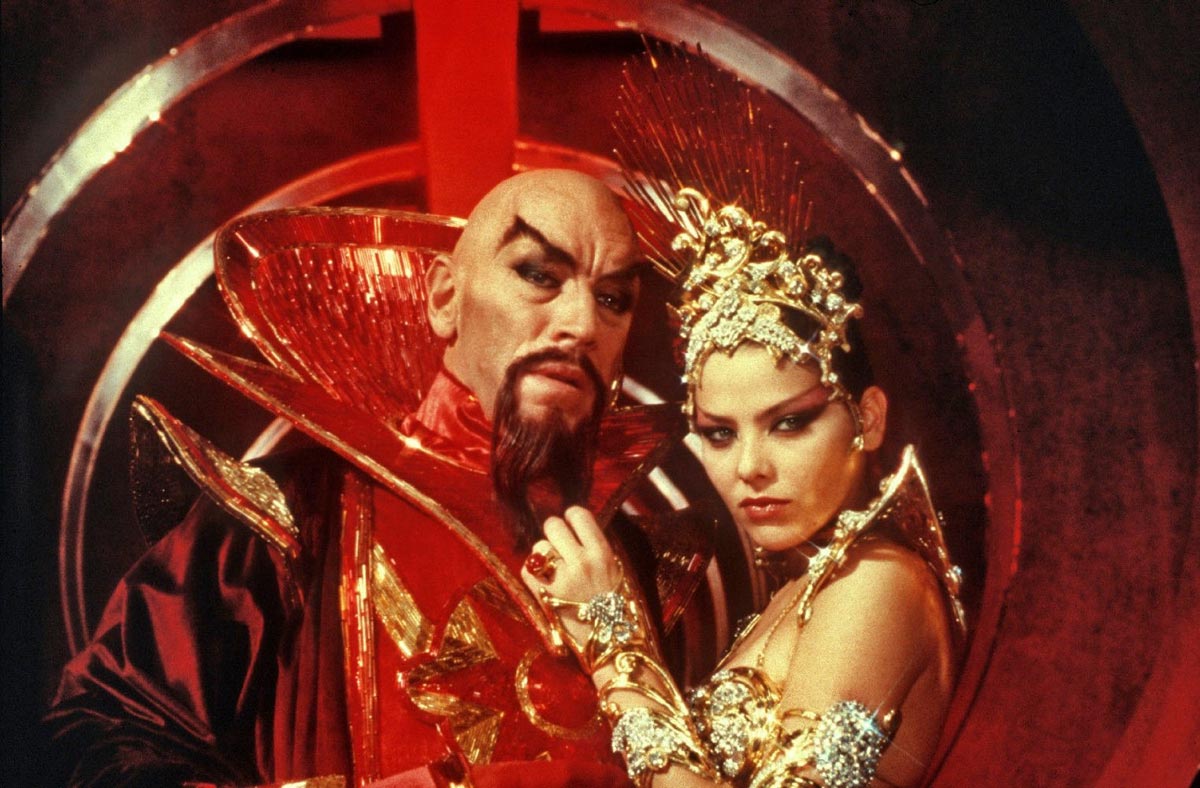
Which brings us to the major highpoint of Flash Gordon, that awesome score and soundtrack, as performed by Rock legends Queen. It’s an outlandish space opera album, with Brian May’s guitar recognisable throughout, and Freddie Mercury’s throwing all his heart and soul into a over the top tribute to the greatness of “Flash!!!! Ahhhhhhhhh” the “Saviour of the Universe” don’t you know, “King of the impossible!” It adds to the real rock n roll, fun feel to the movie.
Flash Gordon was a polarising film at the time. The use of humour and the nod and wink camp feel was off putting to many critics and it was seen as a frivolous kids movie as opposed to serious drama of Star Wars. I personally loved it and had a more appreciative viewing experience as I got older and recognised it’s self awareness and it’s more risque references.
Flash Gordon is another film that has suffered from changing (and more sensitive) attitudes as to what is acceptable in a PG movie. Even back in the early 80’s when Flash Gordon was first shown on television it was subjected to heavy and clumsy cuts that made some scenes jarringly unwatchable. Over time the edited for tv version has seen missing moments such as Ming’s “pills” reference, Aura being whipped, Klytus’s ugly demise at being impaled on spikes, Timothy Dalton’s potty mouth (in one hilarious scene Barin storms Ming’s control room and yells “Freeze!” and almost as an afterthought adds “you bloody bastards!”) the various instances of green blood and use of sword play, Ming being impales and the fight between Flash and Barin has been edited to make less brutal (and exciting).
The best way to see Flash Gordon in all it’s un-PC glory is on DVD, and by doing so you get the wonderful use of garish colour and Queen’s score in all their majesty.

WTF moment of zen: The Jazz Singer

Man, would this shit not fly today.
The gentle mannered, lounge favourite Neil Diamond and his lovely, uplifting music got their own movie in 1980. Like the performer himself the movie is fairly good natured, a easy going tale of a singer turning his back on his strict Jewish upbringing to pursue stardom. Diamond and his music are easy listening and fairly inoffensive.
Which is why this scene early in the film would cause jaws to drop in this day and age.
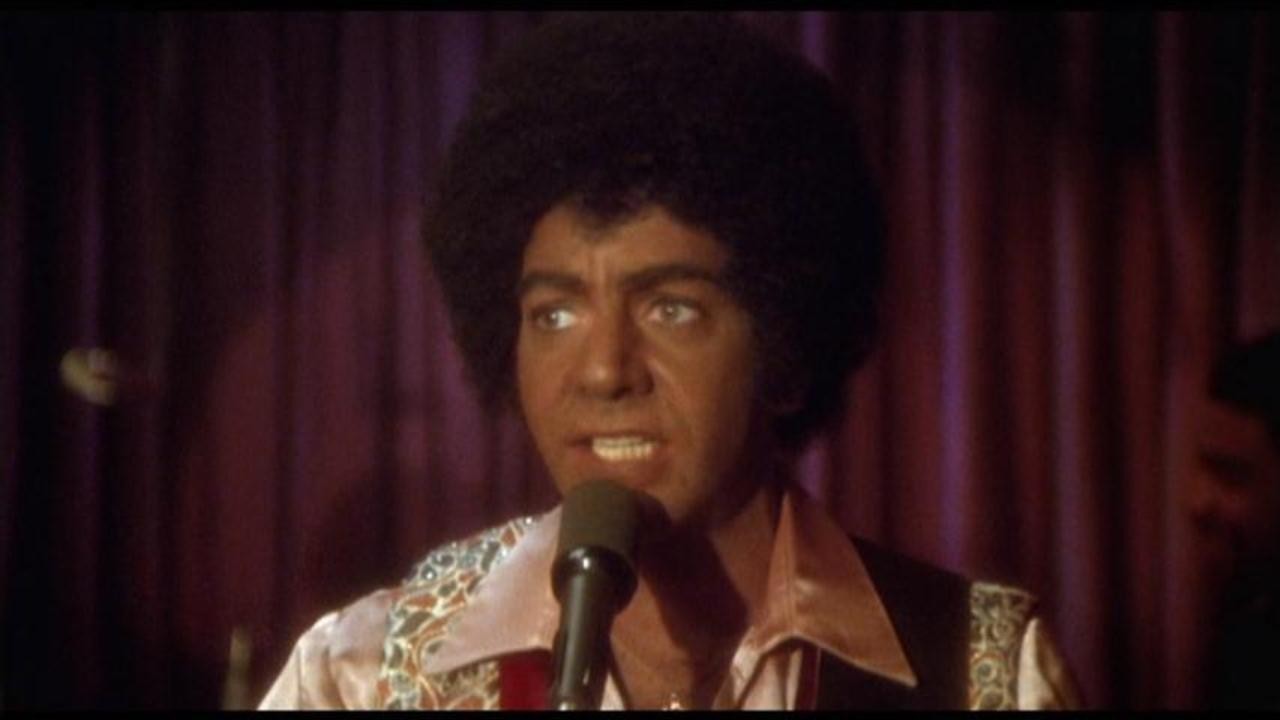
Yep that is indeed the mother’s favourite Neil Diamond blacking up. You see, in the film Diamond who writes music for his soul band friends is asked to stand in for one of their sick memebers at a gig at a black only bar. “Tell me that ain’t no white guy?” the owner yells incredulously. So in order to get Diamond on stage, he blacks up and wears an Afro. Everything’s going fine, crowd’s enjoying the performance of “your, baby” until one guy in the audience notices something is amiss and yells “that ain’t no brother, that’s a white boy!” naturally a riot ensures.
This unfortunate tribute to Al Jolson’s original 1927 Jazz Singer is probably the most memorable thing about the film. The film was derided for it’s bland story and unconvincing story of Diamond’s character becoming a star. Diamond himself got a Razzie as lead actor and to show how hated the film was, it also gained acting legend Laurence Olivier a razzie for supporting actor. Yes this film made Olivier suck! Olivier himself hated the film and had to be silenced by the studio for badmouthing it prior to it’s release.
Although it’s in now way good, I have a soft spot for this film. I personally like Neil Diamond’s music and one of the most incredible vocal performances I ever saw live was when I took my mum to see him in concert at a packed Birmingham NEC. I was also amazed by his showmanship and his ability to have the crowd in his hand so expertly that he performed “Sweet Caroline” three times in a row to louder roars of approval each time. I swear to God if he’d offered to perform it a fourth time the crowd would have torn the roof of in delight.
If you’re a Neil Diamond fan you’d at least enjoy the collection of hits he performs in the course of the movie.

So next time I’ll be covering 1981 with more examples of why 80’s movies were not as bad as we remember.
Dazza

